
Discover the Serenity of Dartmouth-Lake Sunapee Region
The Dartmouth-Lake Sunapee Region in New Hampshire is a haven for nature lovers and adventure seekers alike. Nestled amidst rolling hills and scenic landscapes, this area offers a perfect blend of outdoor activities and cultural experiences. In the summer, the region comes alive with opportunities for hiking, boating, and fishing. Lake Sunapee is a stunning centerpiece, providing crystal-clear waters for swimming and sailing. The surrounding forests and trails are perfect for exploring, whether on foot, bike, or horseback. In the winter, the area transforms into a snowy wonderland, ideal for skiing, snowboarding, and snowshoeing. The Dartmouth-Lake Sunapee area is also rich in history and culture. Hanover, home to Dartmouth College, boasts charming architecture and vibrant arts scenes. Visit local museums, galleries, and theaters to immerse yourself in the region’s heritage. Don't miss the chance to explore quaint towns like New London and Newport, where you can enjoy local crafts, farmers' markets, and cozy cafes. Whether you're looking for a peaceful retreat or an action-packed adventure, the Dartmouth-Lake Sunapee Region offers something for everyone. Its natural beauty and welcoming communities make it a must-visit destination in New Hampshire.
Local tips in Dartmouth-Lake Sunapee Region
- Visit during the fall to witness the spectacular foliage.
- Check out the local farmers' markets for fresh produce and handmade goods.
- Bring layers of clothing; weather can change quickly in the mountains.
- Book accommodations early if visiting during peak seasons.
- Explore the lesser-known hiking trails for a more secluded experience.
Discover the Serenity of Dartmouth-Lake Sunapee Region
The Dartmouth-Lake Sunapee Region in New Hampshire is a haven for nature lovers and adventure seekers alike. Nestled amidst rolling hills and scenic landscapes, this area offers a perfect blend of outdoor activities and cultural experiences. In the summer, the region comes alive with opportunities for hiking, boating, and fishing. Lake Sunapee is a stunning centerpiece, providing crystal-clear waters for swimming and sailing. The surrounding forests and trails are perfect for exploring, whether on foot, bike, or horseback. In the winter, the area transforms into a snowy wonderland, ideal for skiing, snowboarding, and snowshoeing. The Dartmouth-Lake Sunapee area is also rich in history and culture. Hanover, home to Dartmouth College, boasts charming architecture and vibrant arts scenes. Visit local museums, galleries, and theaters to immerse yourself in the region’s heritage. Don't miss the chance to explore quaint towns like New London and Newport, where you can enjoy local crafts, farmers' markets, and cozy cafes. Whether you're looking for a peaceful retreat or an action-packed adventure, the Dartmouth-Lake Sunapee Region offers something for everyone. Its natural beauty and welcoming communities make it a must-visit destination in New Hampshire.
When is the best time to go to Dartmouth-Lake Sunapee Region?
Iconic landmarks you can’t miss
Mt Sunapee State Park
Discover the stunning landscapes and recreational activities at Mt. Sunapee State Park, New Hampshire's natural playground for all seasons.
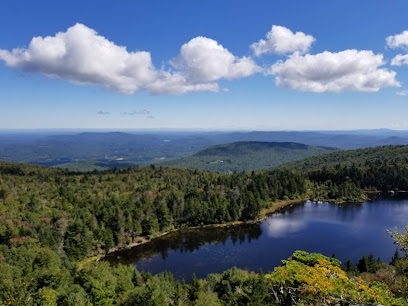
John Hay Estate at The Fells
Discover the historic John Hay Estate at The Fells, where stunning gardens meet scenic trails and rich history in Newbury, New Hampshire.
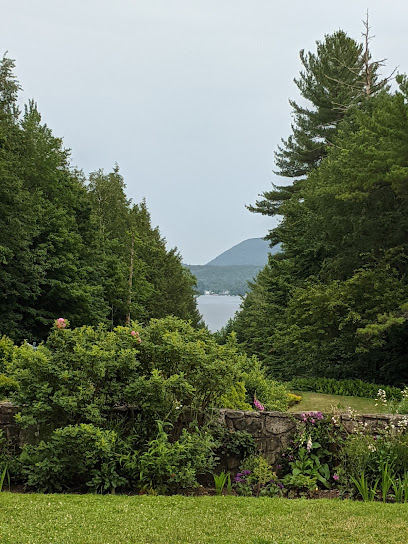
John Hay National Wildlife Refuge
Experience the serene landscapes and diverse wildlife at John Hay National Wildlife Refuge in Newbury, New Hampshire, a perfect escape for nature lovers.
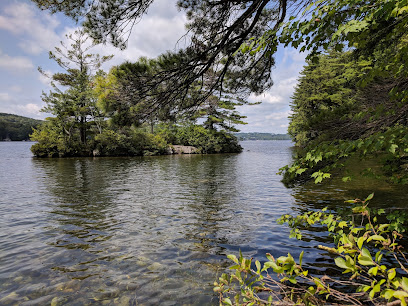
Sunapee Cruises
Experience the breathtaking beauty of Lake Sunapee with Sunapee Cruises, offering unforgettable boat tours and delightful catering services.
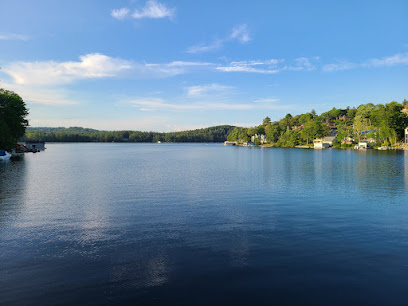
Lake Sunapee
Experience the breathtaking beauty and outdoor adventures at Lake Sunapee, New Hampshire's gem, where relaxation meets adventure in stunning natural surroundings.
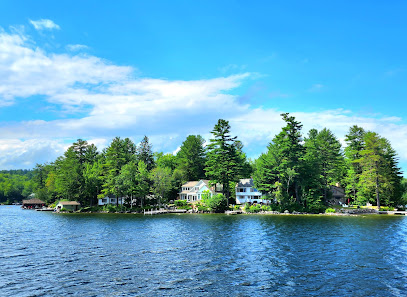
Clark Lookout
Discover the serene beauty of Clark Lookout, a premier nature preserve in New London, offering breathtaking views and a tranquil escape into nature.
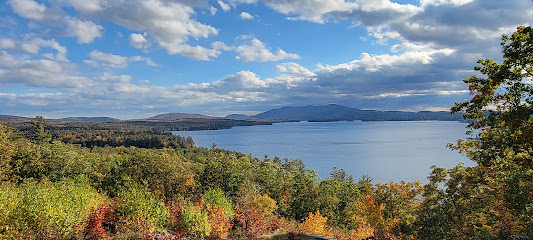
Newbury Trail
Explore the breathtaking landscapes of Newbury Trail in New Hampshire, where scenic vistas and serene hiking experiences await outdoor enthusiasts.
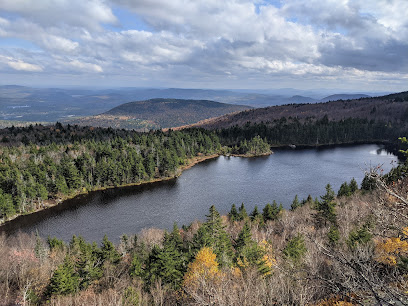
Sunapee Historical Society
Explore the Sunapee Historical Society for an immersive journey through New Hampshire's rich heritage and captivating local history.
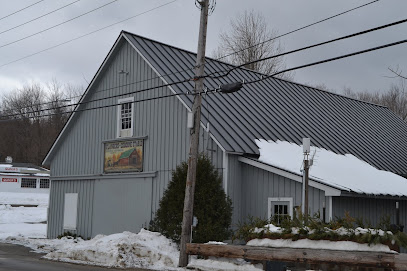
Burkehaven Lighthouse
Discover the historic Burkehaven Lighthouse in Sunapee, NH, a stunning landmark by Lake Sunapee perfect for nature lovers and history enthusiasts.
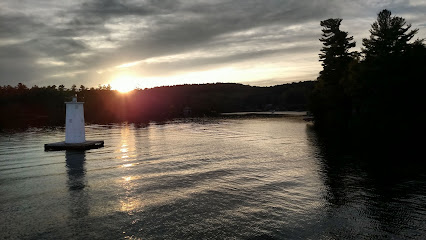
Loon Island Lighthouse
Experience the historical charm of Loon Island Lighthouse and explore the breathtaking beauty of Lake Sunapee in New Hampshire.
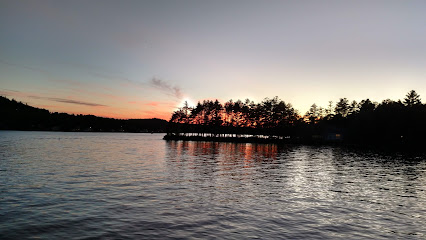
Unmissable attractions to see
Sugarbush Farm
Experience the best of Vermont's artisanal cheese and maple syrup at Sugarbush Farm, a scenic farm perfect for food lovers and nature enthusiasts alike.

John Hay Estate at The Fells
Discover the rich history and stunning landscapes of John Hay Estate at The Fells, a unique historical and botanical treasure in Newbury, New Hampshire.
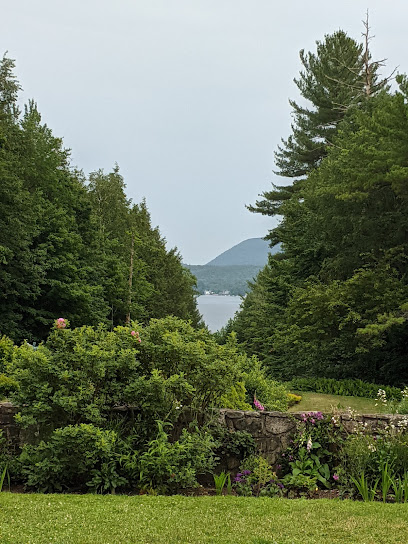
Sunapee Cruises
Discover the stunning landscapes and rich history of Lake Sunapee with unforgettable cruises that promise adventure and relaxation.
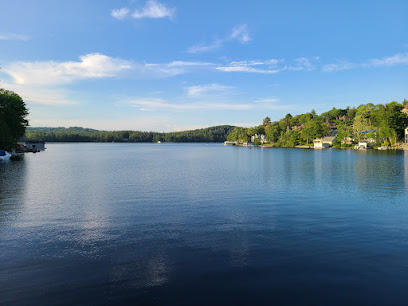
Sunapee Historical Society
Explore the rich heritage of Sunapee at the Historical Society, where local stories and artifacts come to life in a charming New England setting.
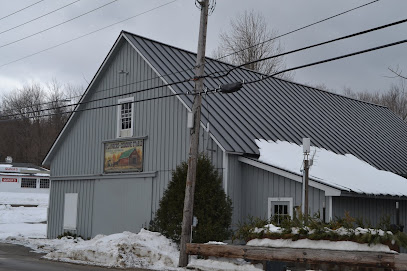
Essential places to dine
Molly's Restaurant & Bar
Experience authentic American dining at Molly's Restaurant & Bar in Hanover, NH - where local flavors meet warm hospitality.
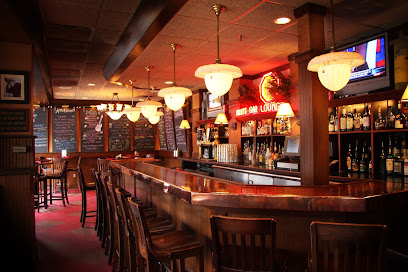
Lou's Restaurant & Bakery
Discover Lou's Restaurant & Bakery: A must-visit American eatery in Hanover serving fresh baked goods and hearty meals.
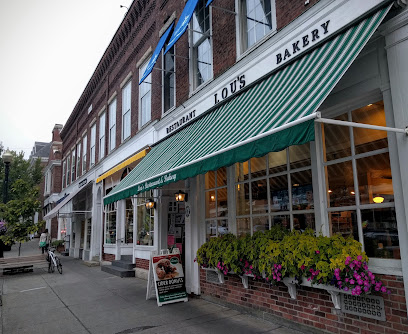
Tucker's
Experience the best of organic dining at Tucker's in New London - where fresh meets flavor in every bite.
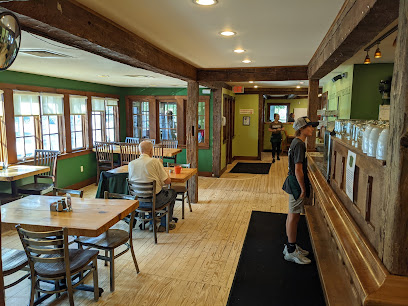
Three Tomatoes Trattoria
Experience authentic Italian cuisine at Three Tomatoes Trattoria in Lebanon, NH - where every meal is a celebration of flavors.
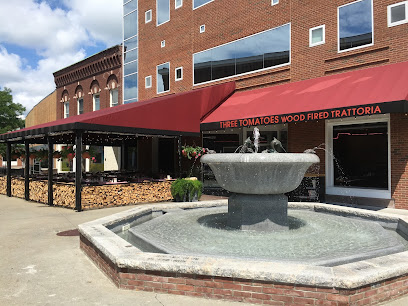
Bubba's Bar & Grille
Experience the best of New England dining at Bubba's Bar & Grille with its inviting atmosphere and delicious culinary offerings.
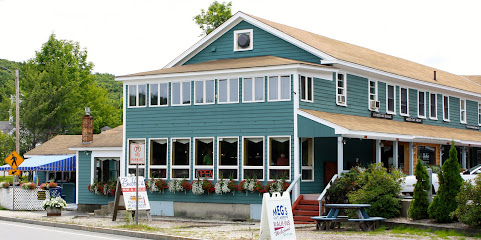
Peter Christian's Tavern
Discover hearty American cuisine and local brews at Peter Christian's Tavern in New London – where tradition meets flavor.
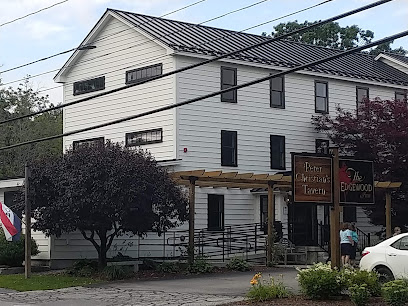
Tuk Tuk Thai Cuisine
Discover authentic Thai flavors at Tuk Tuk Thai Cuisine in Hanover - where every dish tells a story of Thailand's culinary heritage.
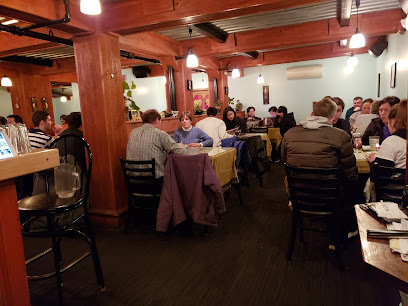
Murphy's On the Green
Experience authentic American cuisine and vibrant nightlife at Murphy's On the Green in Hanover, NH - where great food meets warm hospitality.
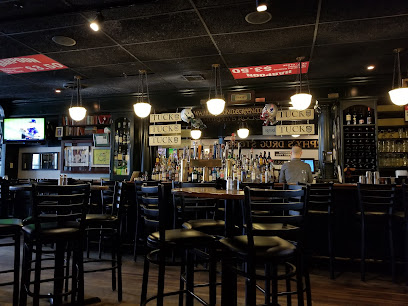
Jewel of India Restaurant
Discover the rich flavors and warm hospitality at Jewel of India Restaurant in Hanover - your gateway to authentic Indian cuisine.
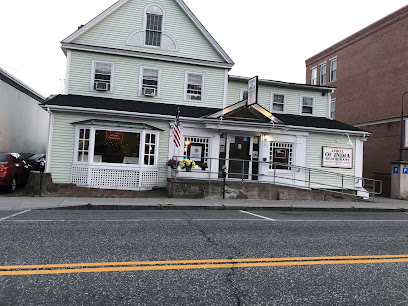
The Anchorage
Discover the charm of The Anchorage in Sunapee, NH - where American cuisine meets cozy ambiance and warm hospitality.
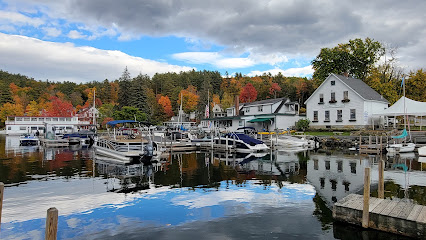
Suna Restaurant
Experience authentic American cuisine at Suna Restaurant in Sunapee, NH - where local flavors meet warm hospitality.
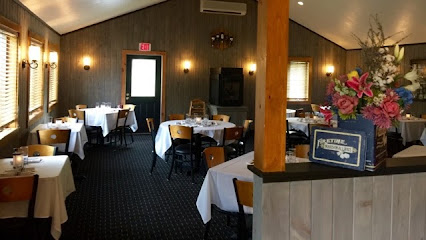
Pine
Discover the art of fine dining at Pine in Hanover – where seasonal ingredients meet culinary creativity in an elegant setting.
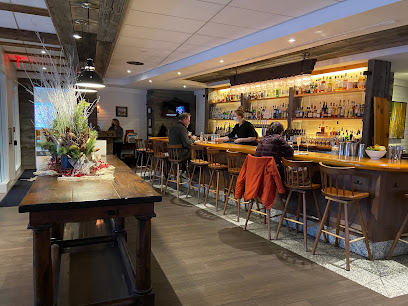
Mountain Edge Suites at Sunapee, Ascend Hotel Collection
Experience comfort amidst nature's splendor at Mountain Edge Suites in Mount Sunapee, New Hampshire - your perfect getaway destination.

Bluebird Sunapee
Experience cozy comfort at Bluebird Sunapee, your gateway to outdoor adventures in picturesque New Hampshire.
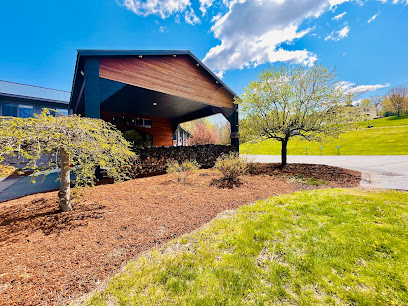
The New London Inn
Experience comfort and culinary delights at The New London Inn, your perfect getaway in scenic New Hampshire.

Markets, malls and hidden boutiques
New London Shopping Center
Discover the New London Shopping Center, your go-to destination for shopping and dining in New Hampshire, where every visit is a unique experience.

Endless Treasures Antiques
Explore a charming antique store in Newport, NH, filled with unique collectibles and vintage treasures waiting to be discovered.
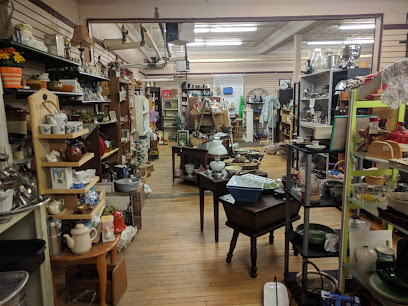
Go Lightly Consignment Boutique
Explore Go Lightly Consignment Boutique in New London for unique, sustainable fashion finds and charming home decor treasures.

Prospect Hill Antiques and Art Gallery
Explore unique antiques and local art at Prospect Hill Antiques and Art Gallery in Sunapee, New Hampshire - a treasure trove of history awaits.
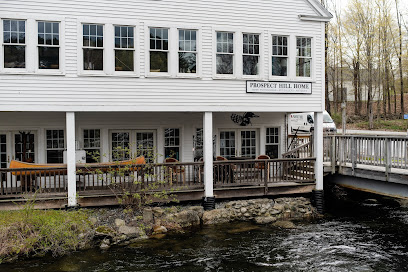
Dartmouth Co-Op
Explore the Dartmouth Co-Op for unique clothing and souvenirs that embody the spirit of Hanover and Dartmouth College.
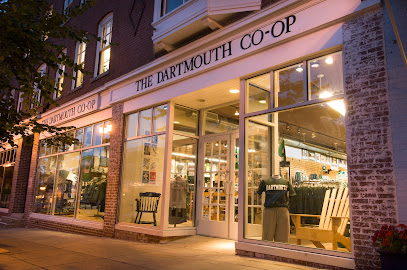
Sunapee Rock Shop
Discover unique geological treasures and local gifts at Sunapee Rock Shop in beautiful Sunapee, New Hampshire.
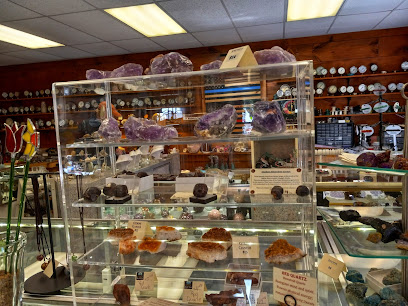
VNA Renaissance Shop
Explore the VNA Renaissance Shop in New London, NH, where every visit uncovers unique treasures while supporting local health initiatives.
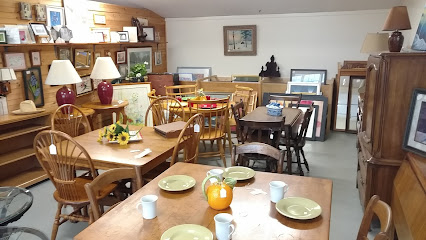
Switchback Consignment
Explore Switchback Consignment in New London for a unique shopping experience filled with second-hand treasures and local flair, perfect for every fashion lover.
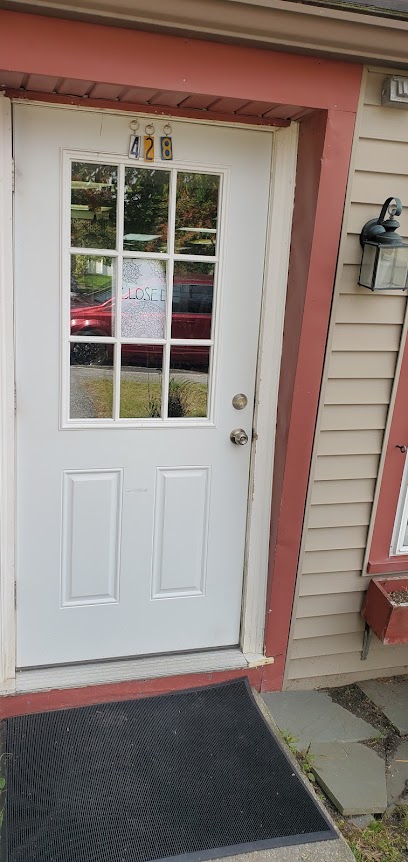
Wild Goose Country Store
Explore the charm of New England at Wild Goose Country Store, offering unique gifts, local crafts, and delicious treats in Sunapee, NH.
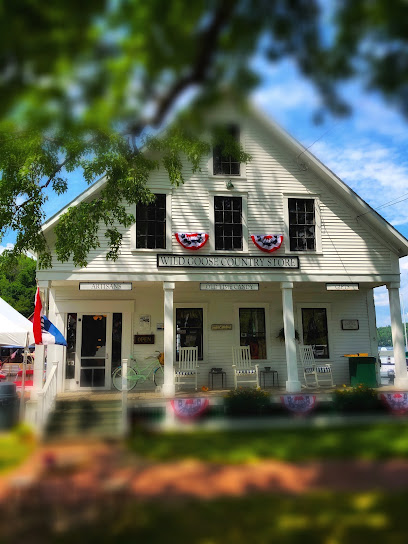
HarborsideTrading.
Discover unique clothing, gifts, and toys at Harborside Trading in Sunapee, NH - your destination for local treasures and souvenirs.
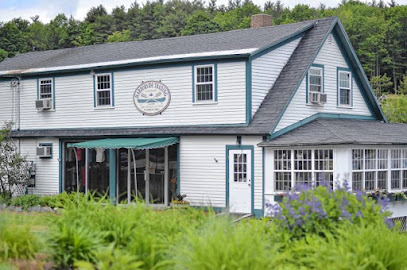
Sunapee Thrift Shop
Discover unique treasures and vintage finds at the Sunapee Thrift Shop, a charming discount store in the heart of New Hampshire.
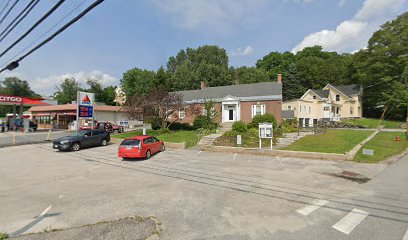
American Bead Collection
Explore unique local and global beads at the American Bead Collection in Sunapee, NH, a haven for jewelry lovers and artisans.
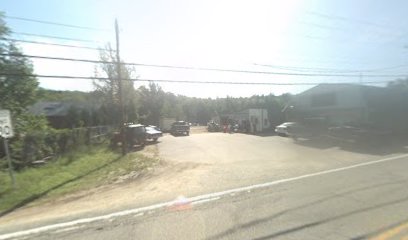
The Lake Shop
Discover unique New England fashion at The Lake Shop in Sunapee, a charming clothing store perfect for tourists seeking local style and souvenirs.
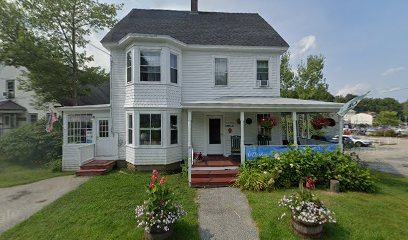
Nan'tiques LLC
Explore Nan'tiques LLC in Sunapee, NH, where every antique has a story waiting to be discovered and cherished.
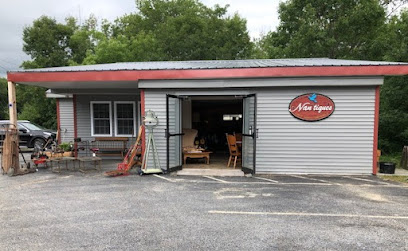
A & E Harbor Shop
Discover unique local crafts and gifts at A & E Harbor Shop in Sunapee, NH – a perfect stop for souvenirs and essentials during your visit.
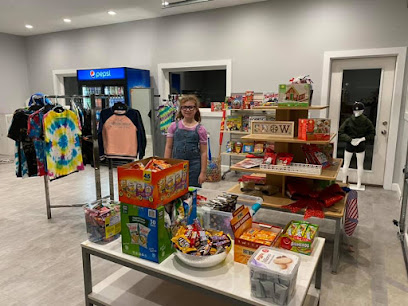
Essential bars & hidden hideouts
Salt Hill Pub Shanty
Discover the warmth of Irish hospitality and indulge in authentic cuisine at Salt Hill Pub Shanty in Newbury, New Hampshire.
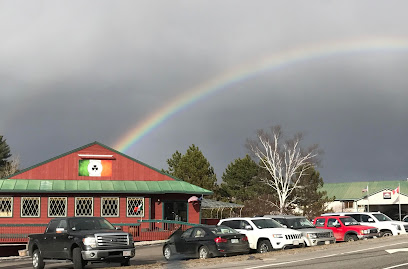
The Anchorage
Discover the heart of American dining at The Anchorage in Sunapee, New Hampshire, where delicious food meets a cozy atmosphere.
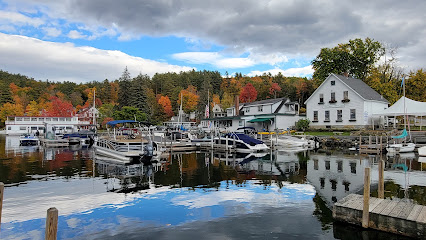
Henry's at Lake Sunapee Country Club
Experience exquisite American cuisine with stunning views at Henry's, the perfect lakeside dining destination at Lake Sunapee Country Club.
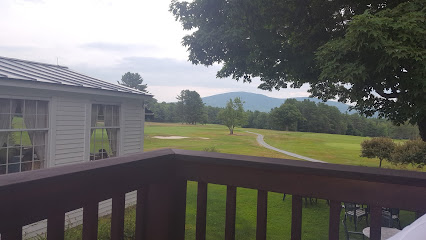
Local Phrases about Dartmouth-Lake Sunapee Region
-
- HelloHowdy
[hao-dee] - GoodbyeSee ya
[see yah] - YesYup
[yuhp] - NoNah
[nah] - Please/You're welcomePlease
[pleez] - Thank youThanks
[thanks] - Excuse me/SorrySorry
[saw-ree] - How are you?Howdy
[hao-dee] - Fine. And you?Good. You?
[gud yuh] - Do you speak English?Do ya talk English?
[doo yah tawk ing-glish] - I don't understandI dunno
[eye dun-no]
- HelloHowdy
-
- I'd like to see the menu, pleaseMenu, please
[men-yoo pleez] - I don't eat meatNo meat
[no meet] - Cheers!Cheers!
[cheers] - I would like to pay, pleaseCheck, please
[chek pleez]
- I'd like to see the menu, pleaseMenu, please
-
- Help!Help!
[help] - Go away!Go away!
[go away] - Call the Police!Police!
[po-lees] - Call a doctor!Doctor!
[doc-tur] - I'm lostLost
[lost] - I'm illSick
[sik]
- Help!Help!
-
- I'd like to buy...I wanna buy...
[eye wanna buy] - I'm just lookingJust looking
[just look-ing] - How much is it?How much?
[how much] - That's too expensiveToo much
[too much] - Can you lower the price?Lower price?
[low-er price]
- I'd like to buy...I wanna buy...
-
- What time is it?Time?
[time] - It's one o'clockOne o'clock
[wun oh-clock] - Half past (10)Half ten
[haff ten] - MorningMorning
[morn-ing] - AfternoonAfternoon
[af-ter-noon] - EveningEvening
[ee-ven-ing] - YesterdayYesterday
[yes-ter-day] - TodayToday
[to-day] - TomorrowTomorrow
[to-mor-row] - 1One
[wun] - 2Two
[too] - 3Three
[three] - 4Four
[for] - 5Five
[fahv] - 6Six
[siks] - 7Seven
[sev-en] - 8Eight
[ate] - 9Nine
[nine] - 10Ten
[ten]
- What time is it?Time?
-
- Where's a/the...?Where's...
[wheres] - What's the address?Address?
[add-res] - Can you show me (on the map)?Show me
[show me] - When's the next (bus)?Next bus?
[next bus] - A ticket (to ....)Ticket
[tick-et]
- Where's a/the...?Where's...
History of Dartmouth-Lake Sunapee Region
-
The Dartmouth-Lake Sunapee Region was originally inhabited by the Abenaki people, part of the larger Algonquin nation. They lived off the abundant natural resources, including fish from the rivers and game from the forests. European settlers began to arrive in the 18th century, establishing small farming communities. The settlements were initially small and isolated due to the rugged terrain and dense forests.
-
In 1769, Reverend Eleazar Wheelock founded Dartmouth College in Hanover, New Hampshire, as the ninth-oldest institution of higher education in the United States. Originally intended to educate Native Americans as well as English youth, Dartmouth College has played a significant role in the region's development, attracting students, faculty, and resources from around the world. The college's historic architecture and lush campus are key cultural landmarks in the region.
-
During the 19th century, the Dartmouth-Lake Sunapee Region saw the rise of mill towns along its rivers, especially the Sugar River and the Connecticut River. Textile mills, powered by the rivers, became centers of economic activity. Towns like Claremont and Newport thrived during this period, with factories producing everything from woolen goods to paper products. The industrial boom brought a wave of immigrants, adding to the cultural tapestry of the region.
-
Constructed in the late 19th century, the Lake Sunapee Scenic Railway played a crucial role in making the Dartmouth-Lake Sunapee Region a popular summer destination. The railway connected Sunapee Harbor to the broader rail network, bringing tourists from as far away as Boston and New York City. The influx of visitors led to the development of grand hotels and summer estates along the lake, many of which still stand today as charming bed-and-breakfasts.
-
In the late 19th and early 20th centuries, the town of Cornish, New Hampshire, became a haven for artists, writers, and sculptors, forming what became known as the Cornish Art Colony. Led by American sculptor Augustus Saint-Gaudens, the colony included notable figures such as architect Charles A. Platt and painter Maxfield Parrish. The Saint-Gaudens National Historical Park in Cornish preserves the legacy of this vibrant artistic community.
-
The establishment of the Appalachian Trail in the 1920s opened up the Dartmouth-Lake Sunapee Region to a new wave of outdoor enthusiasts. The trail passes through Hanover and the surrounding wilderness, offering hikers breathtaking views and challenging terrain. Dartmouth College's Outing Club, founded in 1909, further promotes outdoor activities such as skiing, hiking, and boating, cementing the region's reputation as a hub for outdoor recreation.
-
Today, the Dartmouth-Lake Sunapee Region is known for its vibrant cultural scene, hosting numerous festivals and events throughout the year. The League of New Hampshire Craftsmen’s Fair, held annually in Newbury, is one of the oldest craft fairs in the country, showcasing the work of local artisans. The region also hosts the Newbury Old Home Day, the Hanover Streetfest, and various music and theater performances at venues like the Hopkins Center for the Arts at Dartmouth College.
Dartmouth-Lake Sunapee Region Essentials
-
The Dartmouth-Lake Sunapee Region is located in western New Hampshire. The nearest major airport is Manchester-Boston Regional Airport (MHT), about 60 miles away. From the airport, you can rent a car or take a shuttle service to reach the region. If you are coming from Boston, it is approximately a two-hour drive via I-93 and I-89. For those preferring public transportation, Dartmouth Coach offers bus services from Boston and New York City to Hanover, a key town in the region.
-
Once in the Dartmouth-Lake Sunapee Region, having a car is the most convenient way to get around, as public transportation options are limited. Rental cars are available from major providers. Hanover, Lebanon, and Newport have local taxi services and rideshare options like Uber and Lyft. Cycling is also popular, especially in the warmer months, with several bike rental shops available. For short distances within towns, walking is a pleasant option, particularly in pedestrian-friendly areas like Hanover.
-
The official currency is the US Dollar (USD). Credit and debit cards are widely accepted in hotels, restaurants, and shops. However, it's a good idea to carry some cash for smaller establishments and rural areas. ATMs are readily available in towns like Hanover, Lebanon, and Newport. Tipping is customary in the United States, generally 15-20% in restaurants and for other services.
-
The Dartmouth-Lake Sunapee Region is generally very safe for tourists. However, it's always wise to take standard precautions such as not leaving valuables in your car and being aware of your surroundings, especially at night. There are no specific high-crime areas targeting tourists, but it's advisable to stay vigilant in any popular tourist spots.
-
In case of emergency, dial 911 for police, fire, or medical assistance. Major towns like Hanover and Lebanon have hospitals and urgent care facilities. It is recommended to have travel insurance that covers medical emergencies. For minor health issues, there are pharmacies available in town centers where you can purchase over-the-counter medications.
-
Fashion: Do dress in layers, as the weather can change quickly. Casual and outdoor-friendly attire is generally acceptable. Religion: Do be respectful when visiting churches and religious sites; some may request modest attire. Public Transport: Do plan ahead as public transit options are limited. Renting a car is recommended. Greetings: Do greet people with a smile or a handshake. New Englanders are generally polite but may seem reserved at first. Eating & Drinking: Do try local specialties like maple syrup and fresh dairy products. Don't forget to tip your server, typically 15-20%.
-
To experience the Dartmouth-Lake Sunapee Region like a local, visit the farmers' markets held in various towns, where you can buy fresh produce and local crafts. Engage with locals at community events and fairs. Don't miss the opportunity to hike on the Appalachian Trail, which passes through the region, or to explore Lake Sunapee by kayak. Visiting Dartmouth College in Hanover offers a blend of historical and cultural experiences, including the Hood Museum of Art and the Baker-Berry Library.
Nearby Cities to Dartmouth-Lake Sunapee Region
-
Things To Do in Woodstock
-
Things To Do in Laconia
-
Things To Do in Keene
-
Things To Do in Killington
-
Things To Do in Brattleboro
-
Things To Do in Rutland
-
Things To Do in Nashua
-
Things To Do in Dover
-
Things To Do in Exeter
-
Things To Do in Lowell
-
Things To Do in Lawrence
-
Things To Do in Montpelier
-
Things To Do in Bennington
-
Things To Do in Middlebury
-
Things To Do in Ogunquit













